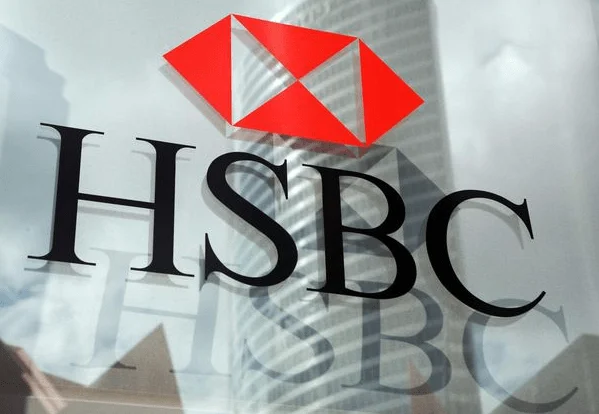HSBC and IBM have successfully tested an advanced token and digital wallet settlement between CBDCs, the interoperability of the multi-ledger across platforms will help to save time, reduce market risk and improve security.

The successful test of an advanced token and digital wallet settlement between two central bank digital currencies, or CBDCs, in a cloud environment was revealed by HSBC and IBM on Thursday.
CBDCs, eBonds, and currency transactions were used in the experiment. The distributed ledger allowing the transactions was built on IBM’s Hyperledger Fabric and enterprise technology supplier R3’s Corda.
As part of a series of tranche projects to develop a digital Euro, the project was handled by the central bank Banque de France.
Previously, the French and Swiss central banks said that a pilot run of the digital Swiss Franc and Euro had had positive results. Despite this, the two financial institutions released a cautionary statement on the topic, citing regulatory concerns.
HSBC’s managing director of GFX eRisk, partnerships & propositions, Mark Williamson, said:
Interoperability across different distributed ledgers and technologies was key in demonstrating how to save time, reduce market risk and improve security for transactions between central banks, commercial banks, and in time our clients around the world.
IBM’s general manager of worldwide banking and financial markets, Likhit Wagle, added:
As central banks around the world begin to explore the potential for CBDC to bring greater transparency and security to financial transactions, this initiative provides a comprehensive roadmap.
CBDCs becoming global
CBDCs are gaining acceptance around the world, in part because of their utility as a way to prevent the emergence of stablecoins, which some see as a danger to the financial system.
The Australian Reserve Bank’s Project Atom CBDC investigation identified a slew of advantages only this month. Kazakhstan’s central bank announced favourable findings from its CBDC pilot project around the same time.
Russia is emphasizing the construction of a digital Ruble, and the Eastern Caribbean CBDC has expanded to two more countries.
